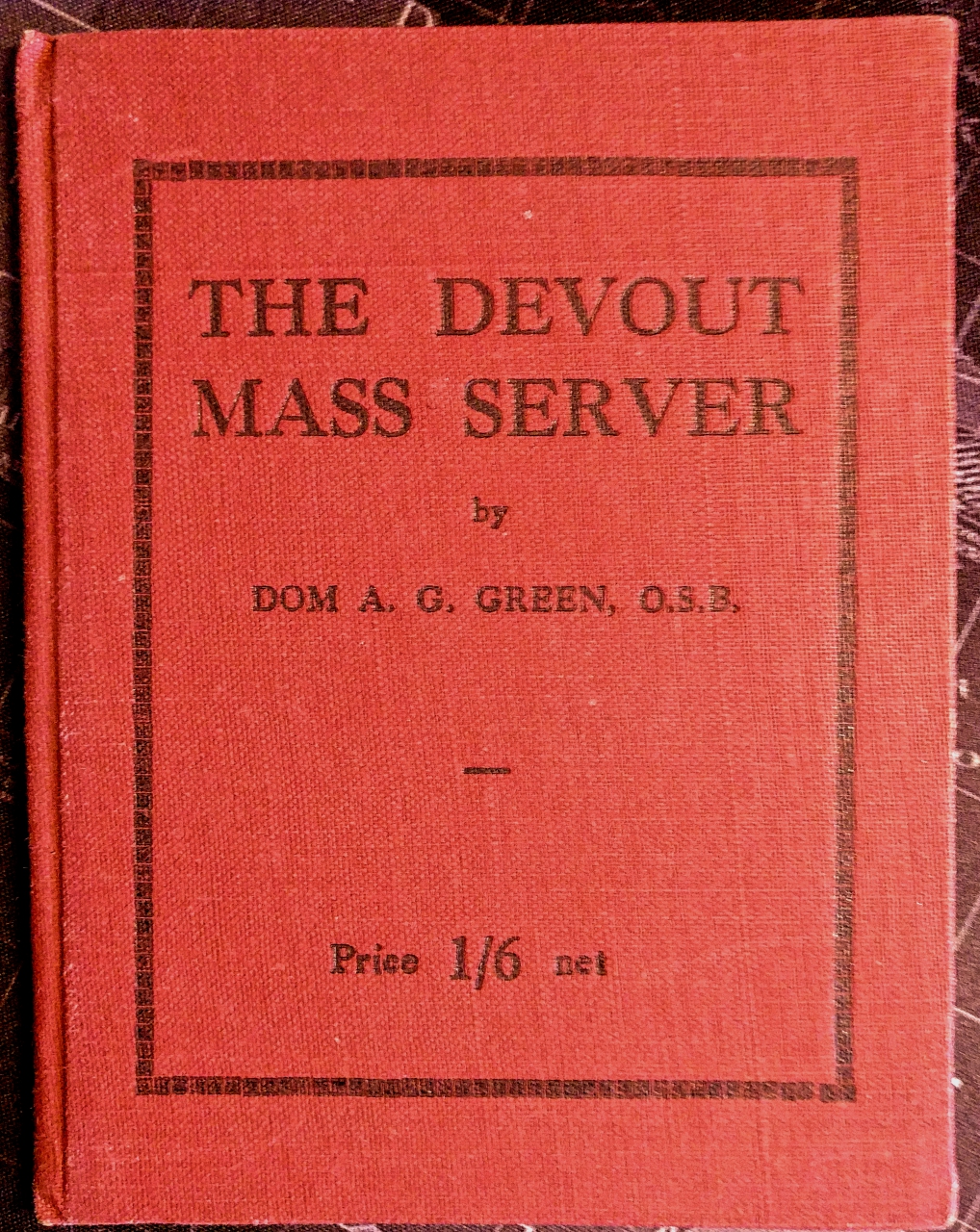The summer school has wound down and the participants have been wending their way, at various speeds, back to home. My return was direct. The change from a sunny but sweaty Côte d’Azur summer to a grey and cool English summer was not entirely unpleasant. The English climate is far friendlier to those of us who wear a habit.
My liturgical impressions of the summer school have already been explored in some detail. To round them off, and to balance them, a few quick remarks are needed.
First, for all the impressiveness, beauty, authenticity and utter tradition of the ancient rites, and their placing of the worshipper into the unbroken, organic stream of Catholic worship over century upon century, there can be no easy waving away of the post-conciliar catechesis and liturgical formation those such as me have received. This is a reality that must be faced if the middle aged are to be engaged in liturgical renewal. For all that I sympathise with those who feel that, liturgically, it is “1962 or bust” for the future, nevertheless this cannot be imposed en masse and immediately without some serious, and counterproductive, collateral damage, to use the modern euphemism. (more…)







